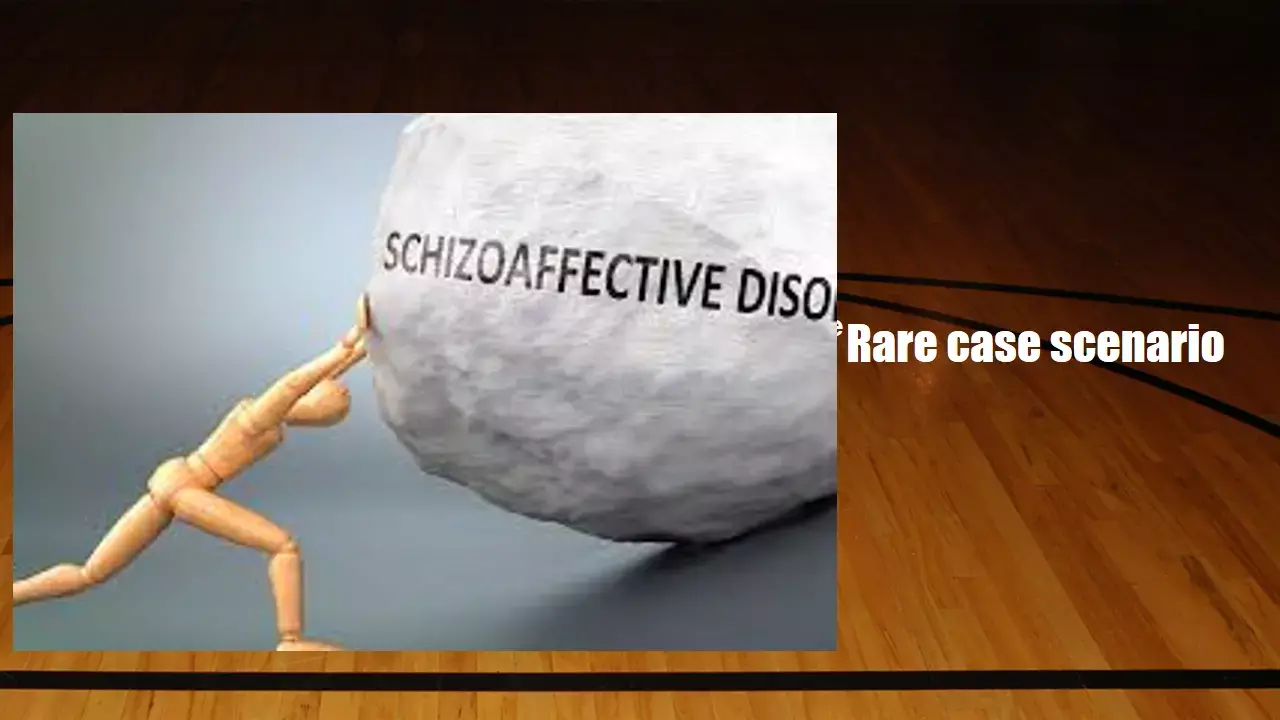- Home
- Medical news & Guidelines
- Anesthesiology
- Cardiology and CTVS
- Critical Care
- Dentistry
- Dermatology
- Diabetes and Endocrinology
- ENT
- Gastroenterology
- Medicine
- Nephrology
- Neurology
- Obstretics-Gynaecology
- Oncology
- Ophthalmology
- Orthopaedics
- Pediatrics-Neonatology
- Psychiatry
- Pulmonology
- Radiology
- Surgery
- Urology
- Laboratory Medicine
- Diet
- Nursing
- Paramedical
- Physiotherapy
- Health news
- Fact Check
- Bone Health Fact Check
- Brain Health Fact Check
- Cancer Related Fact Check
- Child Care Fact Check
- Dental and oral health fact check
- Diabetes and metabolic health fact check
- Diet and Nutrition Fact Check
- Eye and ENT Care Fact Check
- Fitness fact check
- Gut health fact check
- Heart health fact check
- Kidney health fact check
- Medical education fact check
- Men's health fact check
- Respiratory fact check
- Skin and hair care fact check
- Vaccine and Immunization fact check
- Women's health fact check
- AYUSH
- State News
- Andaman and Nicobar Islands
- Andhra Pradesh
- Arunachal Pradesh
- Assam
- Bihar
- Chandigarh
- Chattisgarh
- Dadra and Nagar Haveli
- Daman and Diu
- Delhi
- Goa
- Gujarat
- Haryana
- Himachal Pradesh
- Jammu & Kashmir
- Jharkhand
- Karnataka
- Kerala
- Ladakh
- Lakshadweep
- Madhya Pradesh
- Maharashtra
- Manipur
- Meghalaya
- Mizoram
- Nagaland
- Odisha
- Puducherry
- Punjab
- Rajasthan
- Sikkim
- Tamil Nadu
- Telangana
- Tripura
- Uttar Pradesh
- Uttrakhand
- West Bengal
- Medical Education
- Industry
Rare case of Self-evisceration as initial presentation of schizoaffective disorder: A report

schizoaffective disorder is typically diagnosed in adolescence and young adulthood characterized by major mood episodes and symptoms of schizophrenia that include disorganized speech, delusions, paranoia, and hallucinations. A rare case, published by Hamlin et al in Hindawi Journal reports a 39-year-old male patient with undiagnosed schizoaffective disorder who self-eviscerated his intestines during an episode of psychosis.
Schizoaffective disorder is associated with risk factors, including a history of abuse and cannabis use. In the present case report, a 39-year-old male was found crawling in a parking lot with several feet of intestines dragging on the ground. He received an emergent exploratory laparotomy with a partial colectomy. After being stabilized medically, he was transferred to the inpatient psychiatry unit. A urine drug screen was positive only for cannabis.
On conducting a Mental Status Examination, the patient was fully oriented and able to recall stabbing himself in the abdomen because characters in his mind told him to, having an out-of-body experience as he watched himself pull out several feet of intestines.
He felt compelled to follow the voices’ commands because he had guilt about his history of sexual abuse towards women. He endorsed paranoia and auditory hallucinations for the last 10 years but never sought treatment. He had no suicidal ideation and expressed a fear of hurting himself upon returning home if the voices persisted. He recalled periods in his life when he had little need for sleep, had racing thoughts, and felt that signs and advertisements were speaking directly to him. His social history was notable for heavy cannabis use beginning at age 18. He was a daily user for 5-6 years and began experiencing paranoia and auditory hallucinations.
Despite quitting for two years, the psychotic symptoms persisted, and he reported currently using cannabis 3-4 days per week. He also had a history of trauma and was emotionally and physically abused by his father who had alcohol use disorder.
Given this patient’s history of mood fluctuation and psychosis for years, even in the absence of cannabis use, he was diagnosed with schizoaffective disorder, bipolar type. He responded to olanzapine 10 mg twice daily and valproic acid 500 mg three times daily, and was discharged after two weeks of hospitalization.
This is the third report of self-evisceration of the intestines as the initial presentation of a schizophrenia spectrum disorder in a nonsuicidal patient while there are numerous other reported cases with same presentation as suicide attempts in patients with psychiatric illness.
This case serves to emphasize the importance of risk factor identification and intervention in patients with suspected psychosis to avoid significant morbidity and disease burden on the health-care system. It has been found that, the incidence of childhood physical and emotional trauma increase the risk of psychiatric disorders between 38% and 50% of patients. Studies have also demonstrated that daily use of marijuana increases the risk up to five times. It has also been found that chronic marijuana users who have a specific variant of the AKT1 gene and catechol-O-methyltransferase (COMT) gene are at an increased risk of developing psychosis.
“If specific gene variations or biomarkers can be defined and have predictive value, screening tests could be developed to allow physicians to provide better risk stratification to this subgroup of patients, which may help reduce morbidity, mortality, and disease burden on the healthcare system”, write authors in discussion.
Source: Case Reports in Psychiatry: Hindawi
https://doi.org/10.1155/2023/4334552
M.B.B.S, M.D. Psychiatry
M.B.B.S, M.D. Psychiatry (Teerthanker Mahavir University, U.P.) Currently working as Senior Resident in Department of Psychiatry, Institute of Human Behaviour and Allied Sciences (IHBAS) Dilshad Garden, New Delhi. Actively involved in various research activities of the department.
Dr Kamal Kant Kohli-MBBS, DTCD- a chest specialist with more than 30 years of practice and a flair for writing clinical articles, Dr Kamal Kant Kohli joined Medical Dialogues as a Chief Editor of Medical News. Besides writing articles, as an editor, he proofreads and verifies all the medical content published on Medical Dialogues including those coming from journals, studies,medical conferences,guidelines etc. Email: drkohli@medicaldialogues.in. Contact no. 011-43720751


